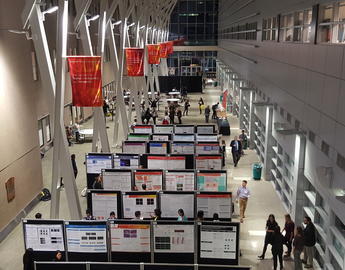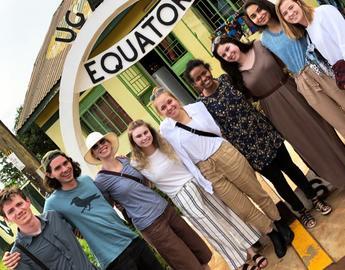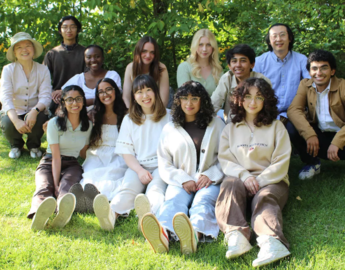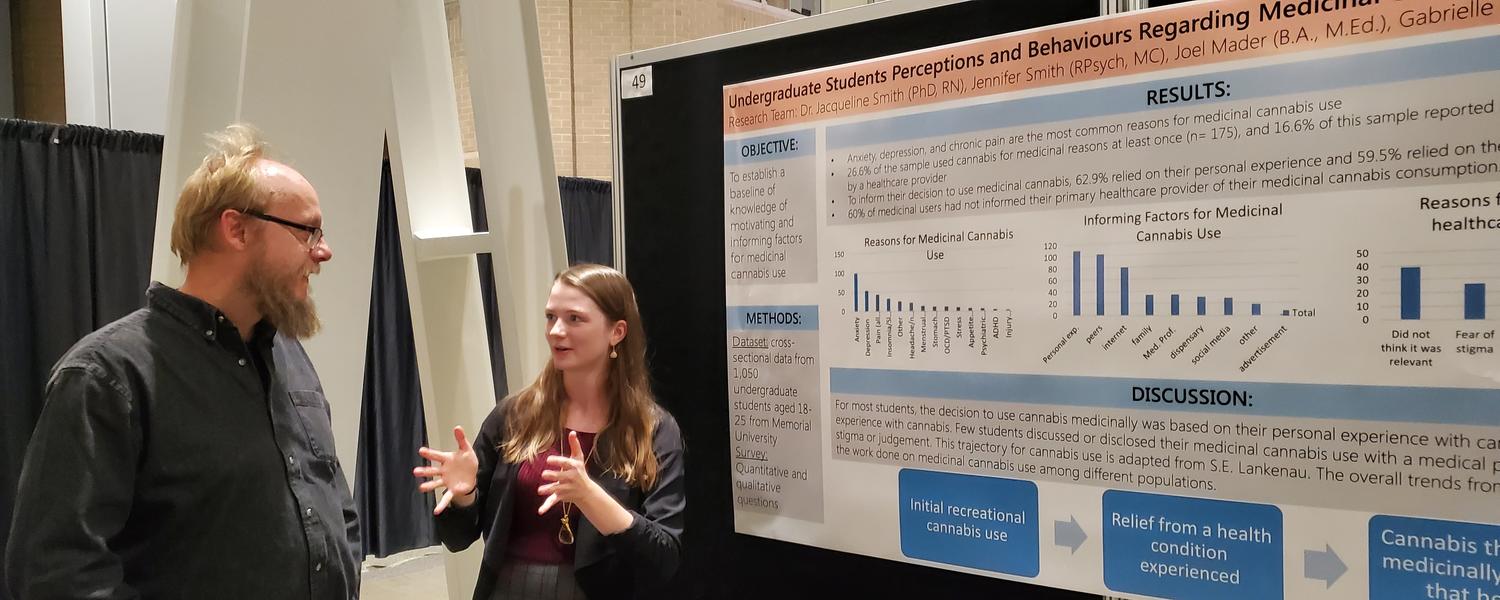
Student Research
How to Find a Summer Research Project
Engaging in research projects can be an excellent way to use your summers both to develop your scientific knowledge and skills, and to make some money while doing so. The process of arranging for a summer research project, however, can sometimes seem opaque and difficult. The reality is that most BHSc students who want to do research in the summer can, and do, find the opportunity to do so. Every path to making those arrangements, however, will be a little bit different, depending not only on your field (HSOC projects will come about quite differently than BINF projects, for example). There are still some common steps and approaches that you can take to make your success in finding and engaging in summer research more likely.
It is never too early to begin reflecting on the kinds of research questions, systems, and projects in which you think you are most interested. This can be broad – are you interested in exploring public health issues? The mechanisms behind diseases? Creating new analysis software? – or they can be specific – are you most interested in cancer? Genetic sequence analyses? The best ways to combat drug addiction in our society? These can be excellent things to reflect upon while you are enrolled in classes; what subjects do you find yourself thinking about the most? What areas would you choose to spend more time exploring, if there were not grades and expectations attached?
Research opportunities in the university environment will come within specific lab groups, which are headed by a “principal investigator” (or “PI”). This person is most likely a faculty member, belonging to a specific department (e.g. the Biochemistry and Molecular Biology department) as well as one or more research institutes (e.g. the O’Brien Institute for Public Health). After completing step 1, a good thing to do is to look at the website for each of the research institutes or departments that are most closely related to your interests. Every faculty member associated with each research institute has a short “bio” on that website, which will highlight their ongoing research interests and projects. It is a great idea to read through many of these. Take notes as you do so. Often, the lab group will have its own “lab website” that links from their institute bio, and which will provide more detail about research opportunities. But remember, not all (or very few) research opportunities for undergraduates are listed.
Once you’ve identified one or a few potential PIs with whom you would like to work, it is a great idea to reach out and start to see if there are any opportunities for you to work with them. A succinct and explicit email is a great place to start. This email should contain some key information about you: First, a sentence or two about yourself, your major, your year, and your research interests; second, some brief outline of why that person's research group has piqued your interest (note: be careful not to overdo any kind of “flattery” here; enthusiasm is good, but sycophancy isn’t); third, mention your availability for getting involved in research (Is it this upcoming summer, in a few months? Is it next year? Also, will you be living in Calgary over the summer? And are you available to do “field work” that may take you to remote locations for weeks and/or months?). It is also a great idea to make yourself aware, before contact, about the grant opportunities that BHSc students have to support their summer research, and if appropriate, to propose that you would aim to apply for those if the PI you are contacting is supportive of doing so.
As previously mentioned, BHSc students have a number of summer studentships programs to which they can apply to seek financial support for summer research. In some cases, PIs may also be willing to support a summer research project using their own research grant funding. Even so, it is always a great idea to apply for external support. This isn’t only because getting paid is good (though it of course is!), it is also because these grants are competitive, meaning that if you obtain one, that is an accomplishment in and of itself, and is something you can put on your CV when you are looking for jobs and/or applying for other programs in the future.
Research is one of the best ways to support your development as a scientist. While its pursuit will be different for everyone, there are many opportunities here at the University of Calgary. So take the steps you need to take to find the ones that are going to best for you! And as always, you are welcome to seek advice from your Director(s) and from more senior students who have had research projects themselves.
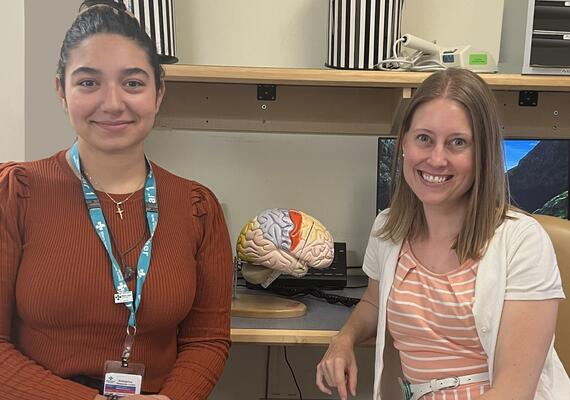
Undergraduate Studentship Payments
Process for requesting undergraduate student payments (awards, studentships, and stipends)

